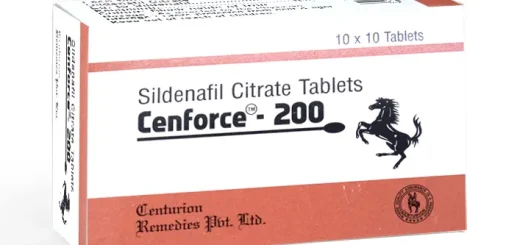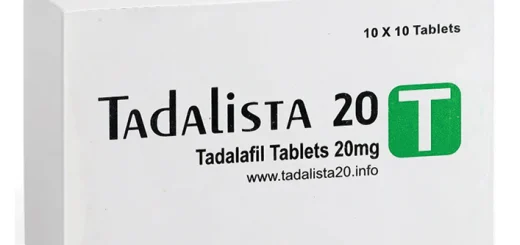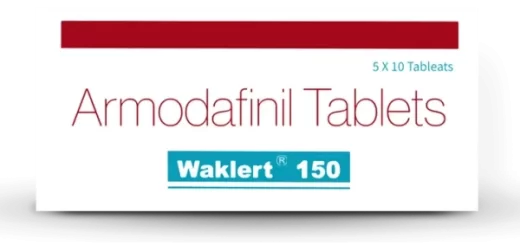The Impact of Nutrition on ADHD: Best Foods and Dietary Tips
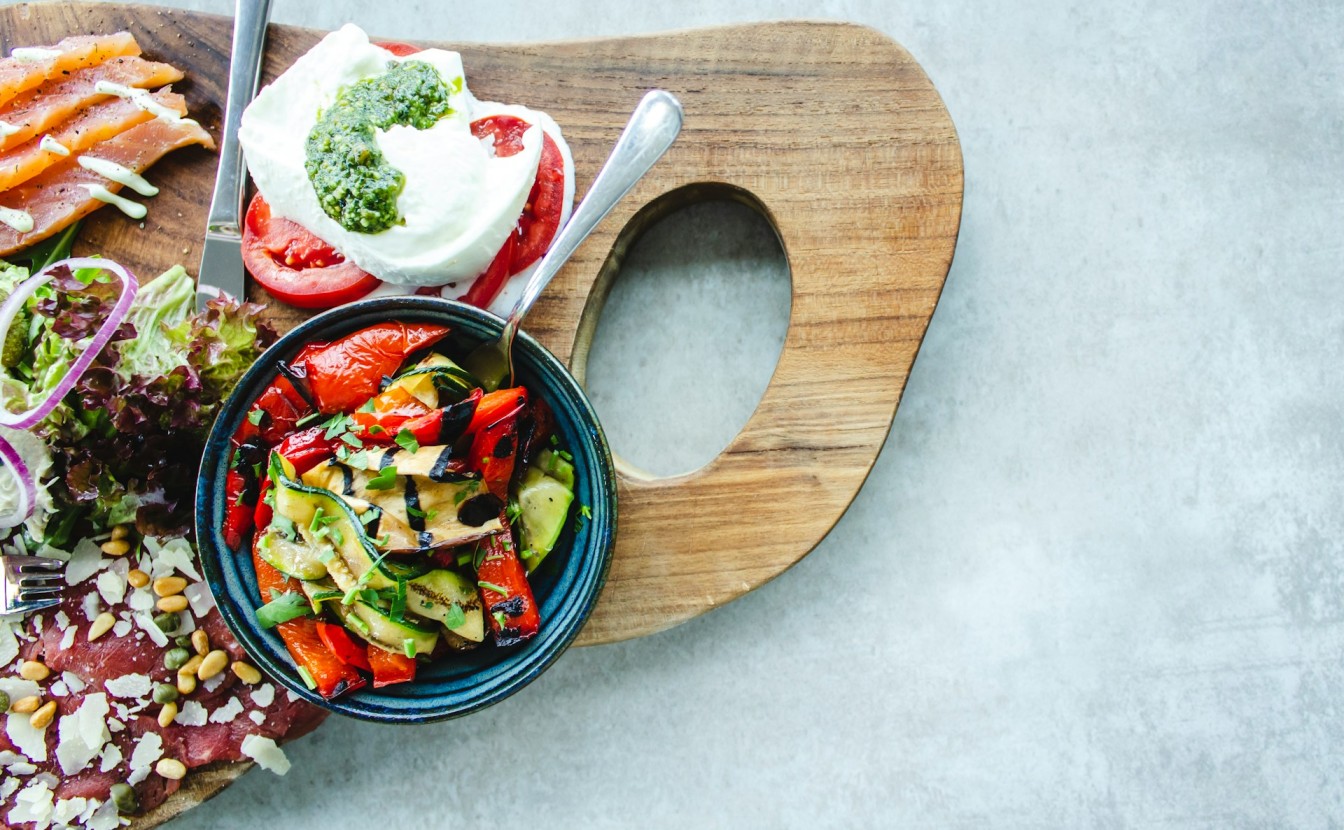
Have you ever wondered: What is the impact of nutrition on ADHD? What are the best foods for ADHD? How do I plan a gluten-free diet for ADHD? What actions should be taken when experiencing ADHD? What are the ADHD-friendly recipes? So here in this guide, we’ll be discussing the best foods, nutrients, food to be avoided, dietary plans for ADHD, etc.
ADHD is a neurodevelopmental disease that causes individuals to consistently not pay attention, be too active, and act without thinking. It is usually treated with medicine and psychological treatments.
With a focus on how certain foods and eating habits can help users with ADHD diet and nutrition, this blog’s main goal is to look into the complicated link between diet and ADHD. This guide also covers nutrition tips for ADHD.
The Link Between Nutrition and ADHD
These days, more individuals than ever want to know how and what we eat affects our brains. Some studies look into how some foods might be good for brain health. To see how important it is to treat ADHD completely, just think about how many people around the world have it.
Fish, eggs, nuts, seeds, and vegetables of all types, as well as omega-3 fatty acids, are some of the best foods for ADHD, rich in nutrients that each food group gives us. Some dietary tips that can help with normal ADHD treatments are eating a balanced diet, cutting down on processed foods, and drinking plenty of water.
The ADHD diet plan for adults is meant to help those with ADHD and their families understand how the foods they eat can help them deal with their ADHD in a better way.
Best Foods for ADHD
To deal with the issues that come up with attention deficit hyperactivity disorder, you need to know how important your brain health is. The best foods for ADHD include a lot of different healthy foods that are good for everyone, like
Foods high in protein
Chicken, eggs, beans, and peas are all lean foods that you can eat. These are great for people with ADHD because they give you a steady flow of energy and help you concentrate.
Fruits and vegetables
Berries are high in vitamins. Spinach, kale, and other leafy greens are also good for you because they have minerals and vitamins that are good for your brain.
Omega-3 Fatty Acids
You can get these from walnuts, chia seeds, and fatty fish like salmon, trout, and mackerel. Omega-3 fatty acids are good for your brain and are thought to be one of the best foods for ADHD. These are the benefits of omega-3 for ADHD.
Whole Grains
Oats, quinoa, and brown rice are all whole foods that you should eat. There is a steady flow of energy from these complicated carbs that helps you stay focused all day.
Foods high in iron and zinc
Beans, nuts, seeds, and lean meats all have a lot of iron and zinc.
Dairy or Fortified Alternatives
Adding calcium and vitamin D to your food, either through dairy products or fortified plant-based foods, can help your body get enough of these nutrients.
They can take big steps towards brain health by adding these different, nutrient-dense foods to a healthy, well-balanced diet.
Dietary tips for ADHD
Managing Attention Deficit Hyperactivity Disorder (ADHD) well requires more than just picking the right foods. You also need to follow some important nutrition rules. Establishing healthy eating habits for ADHD children involves prioritizing balanced meals rich in proteins, whole grains, etc. To help people with ADHD deal with their condition, here are some helpful eating tips, with a focus on including the best foods for ADHD
Balanced Meals
Make sure your meals are well-balanced by eating a variety of proteins, complex carbs, and healthy fats. This helps keep blood sugar levels steady and gives you energy all day.
Limit processed foods and sweets
Eating too many processed foods and sweets can make your energy go up and down, which could make your ADHD symptoms worse.
Hydration
Drink enough water throughout the day to stay properly hydrated. Being dehydrated can make it hard to concentrate and feel good.
Individual Sensitivities
Think about those who might be sensitive to certain foods. Finding out which foods make you sick and staying away from them is a good way to find the best foods for ADHD.
Regular Meal Times
Set regular meal times to help keep your energy level in check and build a habit that is good for your health as a whole.
Using these food suggestions, along with the right help from medical professionals, helps in a more complete way to handle ADHD symptoms and promote better brain function.
Foods to avoid with ADHD
It’s important to stay away from foods that make ADHD symptoms worse and eat the best foods for ADHD to treat it well. It’s important to stay healthy and clear-headed by avoiding “trigger foods,” or foods that might make ADHD symptoms worse.
High-Processed Foods
Reducing the intake of highly processed foods, which contain preservatives and additives, correlates with the best foods for ADHD. Unprocessed foods maintain energy and cognition.
Possible allergies and sensitivities
Look for possible allergies or sensitivities and stay away from them. People with ADHD should avoid foods that exacerbate some of their symptoms.
Impact of sugar on ADHD
- Drink fewer drinks with a lot of sugar and caffeine. Lots of it can be bad for some users; too much can get you antsy and make it hard to focus.
- Don’t eat too many hot and greasy foods
You may feel worse from inflammation when you eat these things, which may change your ADHD signs.
Finding out what foods make ADHD symptoms worse and staying away from those foods is an important part of managing ADHD.
The role of nutritional supplements for ADHD
When it comes to conditions like attention deficit hyperactivity disorder, supplements can help fill nutritional gaps and improve general health. ADHD and vitamin deficiency are interlinked with each other. When people are looking for the best foods for ADHD, supplements like omega-3 fatty acids, zinc, and iron are often taken into account because they may help with brain function and neurotransmitter control. But it’s important to be careful with supplements and get professional help if you need it. 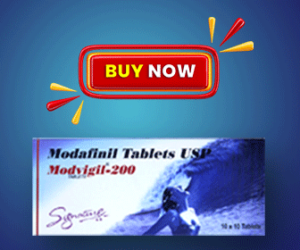
Supplements can help you get more nutrients, but they can’t take the place of a healthy diet full of the best foods. Talking to medical experts about vitamins is a good way to make sure you have a well-rounded plan for your health and manage your ADHD symptoms.
Lifestyle factors and ADHD
Attention Deficit Hyperactivity Disorder management includes more than just medical treatments. It also includes a person’s lifestyle, which has a big impact on their general health.
Regular daily routine
Establishing a regular daily routine and structure gives those with ADHD a sense of predictability, which helps them better manage their time and chores.
Physical Activity
Eating the best foods for ADHD and working out regularly have both been linked to better attention and brain function, making them a great addition to any lifestyle.
Adequate Sleep
Getting enough good sleep is very important. Sleep is very important for both thinking clearly and controlling your emotions, which are both very important for those with ADHD.
Mindfulness Practices
Mindfulness methods and a diet full of the best foods for ADHD can help people deal with stress and improve their ability to concentrate and pay attention.
Limiting ScreenTime
Avoiding more screen time, especially on electronic devices, can help you stay focused and avoid getting distracted, which can work in addition to the best foods for ADHD.
Practical Strategies for Implementing Dietary Changes
To succeed, making changes to your diet must be based on realistic and long-lasting plans. Here are some useful tips to help you make and keep up with healthy food changes to deal with a condition like Attention Deficit Hyperactivity Disorder:
Slow Changes
Instead of making big changes all at once, start new eating habits slowly. Gradual changes let the tongue get used to them and make long-term changes easier to achieve.
Educating and raising awareness
Learn about the health benefits of different foods, with a focus on the best foods for ADHD.
Eating Mindfully
Pay attention to your body’s cues for hunger and fullness when you eat mindfully. This helps you have a better relationship with food and figure out what your nutritional needs are.
Get Help from Medical Professionals
Talk to a physician for advice. Because they are experts, they can give you personalized help, especially if you want to change your diet to treat a specific health problem, like ADHD.
By using these useful tips, individuals can make it easier to change their diets, which will have a long-lasting and positive effect on their health and well-being.
Conclusion
Nutrition turns out to be a very helpful tool in the complicated process of dealing with ADHD. To be healthy, you should eat foods that are high in omega-3s, protein, and colorful veggies. When combined with food knowledge like eating well-balanced meals and staying hydrated, nutrition is an all-around way to treat ADHD. It goes beyond nourishment and turns into a self-care routine that opens up possibilities. These mindful choices not only improve brain function but also show a way to be more resilient and focused. When individuals combine intentional nutrition with general health, they find not only food but also a way to live a happy, healthy life with the best foods for ADHD. It is important to consult a healthcare provider before taking any of the diet plans into consideration.
[WPSM_AC id=7212]



